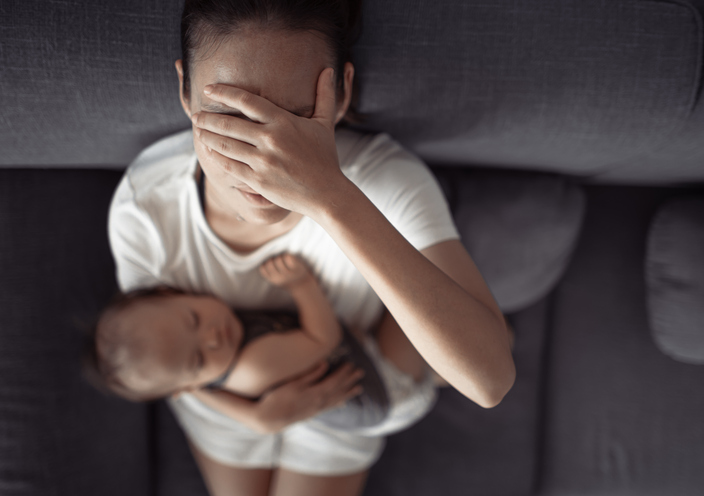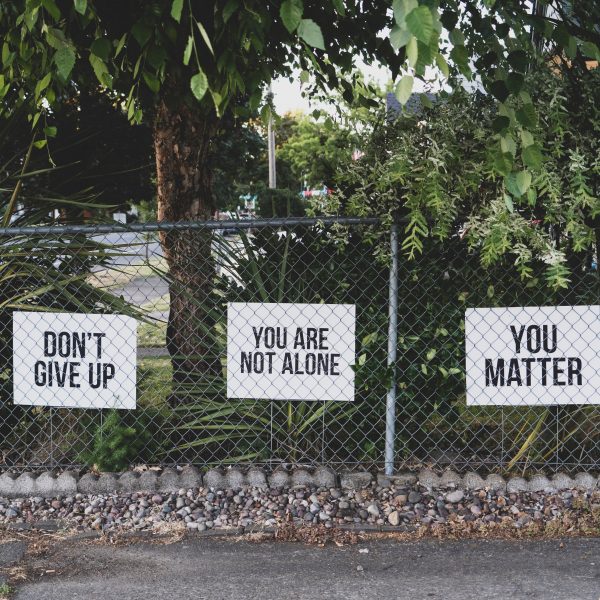Stress in adolescence may lead increase the risk of postpartum depression in adults

Social stress during adolescence may lead to prolonged elevation of the hormone cortisol after childbirth and in turn, increase the chances of experiencing postpartum depression (PPD), American researchers have found.
The Johns Hopkins Medicine-led study, first published online Apr. 11, 2024, in Nature Mental Health, also suggests that current drug treatments for PPD in people may, in some cases, be less effective at targeting the relevant chemical imbalances in the brain, and that alternative methods may be more beneficial.
Previous studies have shown that an estimated one-third of psychiatric conditions fail to respond to current therapies, and PPD is difficult to treat.
Senior author Professor Akira Sawa said the new study adds to the pool of evidence proving that not all patients experiencing PPD are the same, and that individualised diagnosis and treatment, as well as a precision medicine approach is needed.
PPD is estimated to occur in 7 per cent to 20 per cent of all women, most commonly within six weeks of giving birth. Symptoms can include feelings of sadness, anxiety, and fatigue, and can make it difficult to complete basic self-care tasks and care for the new baby.
The current first-line treatment for PPD is the use of a class of anti-depressant pills called selective serotonin reuptake inhibitors (SSRIs), but these are only effective in approximately half of all patients. SSRIs boost the effects of the natural brain chemical serotonin, one of many hormone-like substances that help control mood. Some patients also are treated with IV infusions of a different class of drugs that target GABAA, a brain chemical linked to nerve hyperactivity.
However, the calming infusions are costly (more than $30,000 for a single course of one such drug) and often require hospitalization. They are generally reserved for the most severe and resistant cases of PPD.
In the new study researchers were able to build on evidence that adverse life events may affect the likelihood and severity of PPD. Previous studies have shown that PPD is more prevalent in teens, and in urban populations.
“Unfortunately, everyone knows someone who has suffered or currently suffers from PPD, and it has such a huge impact on both mother and baby,” Professor Sawa said.
“The alternative line of treatment suggested by the study might enable mothers to be treated at home and avoid separation from their babies, and target a different mechanism for depression that may be specific to PPD,” he added.
Popular

Policy
Quality
Practice
Provider
Research
Workforce
ECEC services to close early for mandatory child safety training under national reforms
2025-12-01 07:10:09
by Fiona Alston

Quality
Policy
Practice
Provider
Workforce
Growth restrictions and enhanced oversight imposed on Affinity Education Group in NSW
2025-12-01 07:30:29
by Fiona Alston

Workforce
Events News
Policy
Practice
Provider
Quality
Gold Walkley Award win for childcare investigation places national spotlight on safety and accountability in ECEC
2025-12-02 07:30:34
by Fiona Alston
















